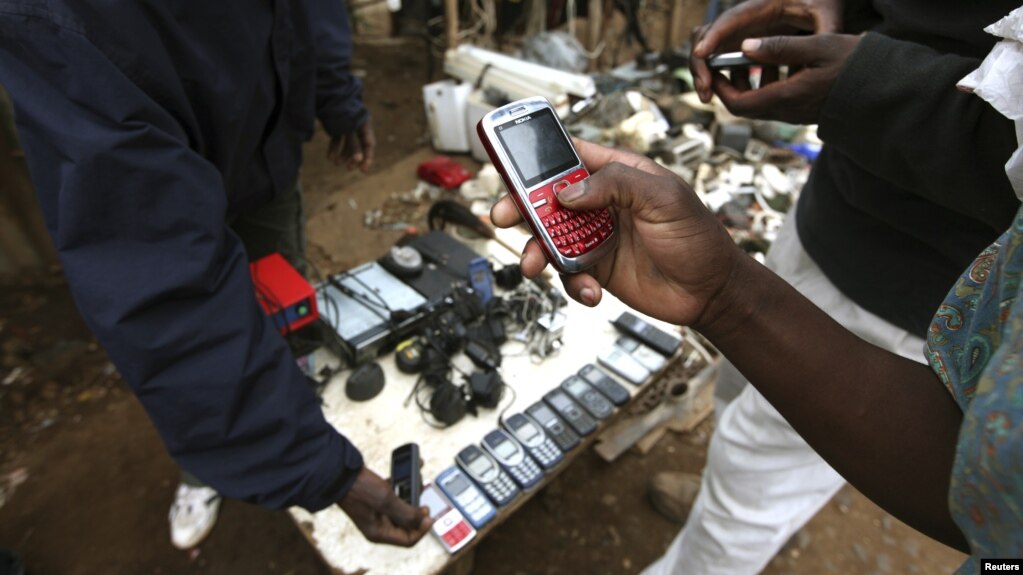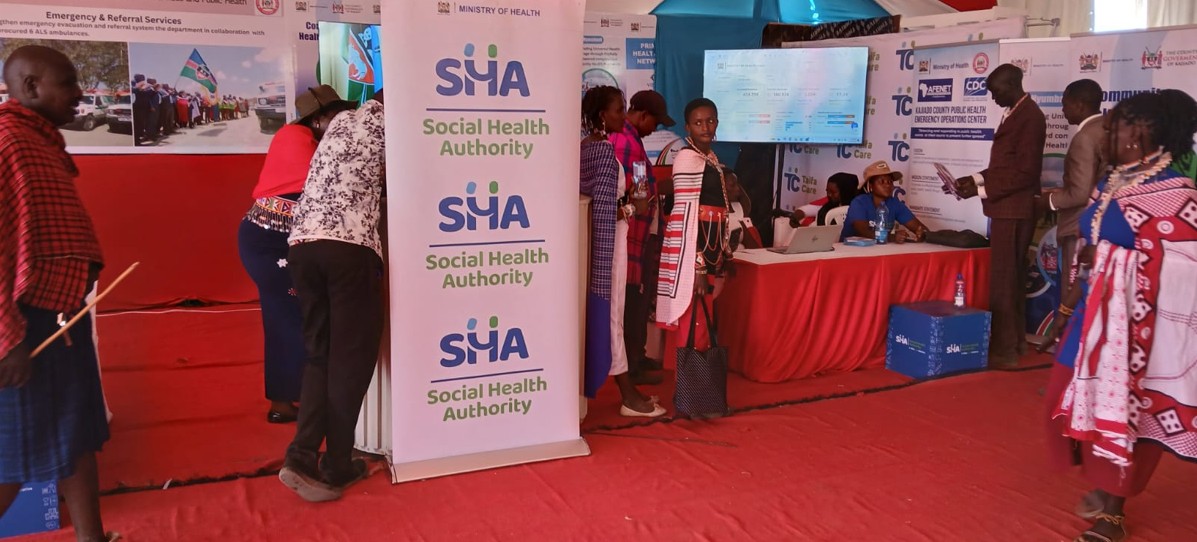11 per cent of Kenyans use mobile phones they do not own - survey

At the county level, Nairobi City leads in mobile phone ownership at 67.7 per cent, followed by Kirinyaga at 65.0 per cent, Nyandarua at 63.9 per cent, Muranga at 62.3 per cent, and Kiambu at 62.1 per cent.
A new survey by the Communications Authority (CA) and the Kenya National Bureau of Statistics (KNBS) has found that 11.3 per cent of Kenyans use mobile phones they do not own.
According to the Analytical Report on ICT based on the 2023/24 Kenya Housing Survey, mobile phone sharing is common in urban areas and higher among women at 11.5 per cent.
More To Read
- Why smartphones before age 12 raise risks of depression, obesity and poor sleep
- Kenya sees major boost from visa-free policy as tourist numbers hit 1.8 million
- Apple officially retires first-generation iPhone SE, marking end of an era
- KNBS data shows uneven food price shifts as inflation dips slightly
- Ruto says fibre-optic growth powering faster eCitizen services and digital access
- How digital platforms are creating new pathways for youth, with riders taking home up to Sh70,000 monthly
The survey also showed that 53.7 per cent of Kenyans aged three and above own a mobile phone, with ownership significantly higher in urban areas at 64.6 per cent compared to 48.6 per cent in rural communities.
There is almost equal ownership between men and women, with 54.5 per cent of males and 52.9 per cent of females owning mobile phones.
At the county level, Nairobi City leads in mobile phone ownership at 67.7 per cent, followed by Kirinyaga at 65.0 per cent, Nyandarua at 63.9 per cent, Muranga at 62.3 per cent, and Kiambu at 62.1 per cent.
Internet usage is also highest in Nairobi at 64.7 per cent, followed by Kiambu at 54.0 per cent, Nyeri at 50.1 per cent, Mombasa at 46.9 per cent, and Uasin Gishu at 42.1 per cent. Counties with the lowest Internet penetration include West Pokot at 9.1 per cent, Turkana 12.7 per cent, Tana River 15.5 per cent, Marsabit 16.3 per cent, and Garissa 16.5 per cent.
The report also highlighted that digital exclusion remains a challenge for people living with disabilities, the elderly, and those with limited schooling.
Moreover, the adoption of computers and smart home technologies remains limited, with only 11.6 per cent of Kenyans aged three years and above using computers, particularly outside urban and high-income households.
"These insights provide a robust foundation for policy interventions to make Kenya a more digitally inclusive society. Bridging urban-rural and social gaps is critical for equitable national development," said CA Director General, David Mugonyi.
He added, "We urge all stakeholders, government, private sector, and development partners, to prioritise investments and programmes that address digital access disparities and promote universal digital literacy."
Top Stories Today












































